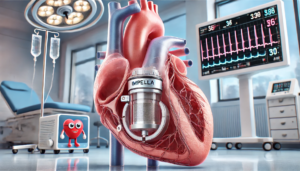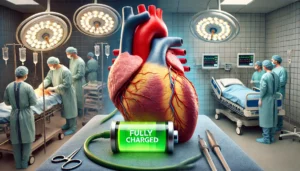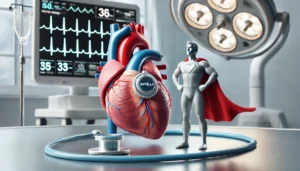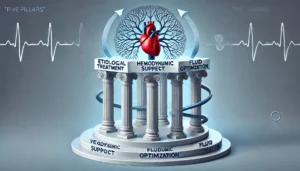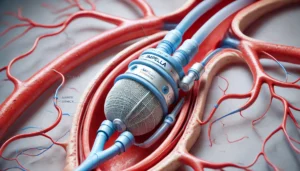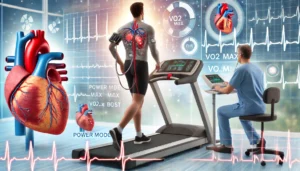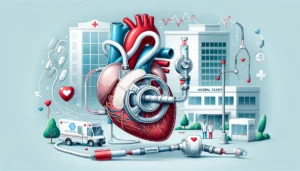
Comparative Efficacy and Safety of Veno-Arterial Extracorporeal Membrane Oxygenation (VA-ECMO) Versus Impella for Cardiogenic Shock: A Systematic Review and Meta-Analysis
This systematic review and meta-analysis of 10 observational studies (5,364 patients) compared Impella and VA-ECMO for cardiogenic shock. No significant difference in short-term mortality was found (RR 0.92). However, Impella was associated with lower risks of stroke, major bleeding, and limb ischemia. Evidence certainty was very low due to confounding bias. Device selection should be individualized pending randomized trials.



